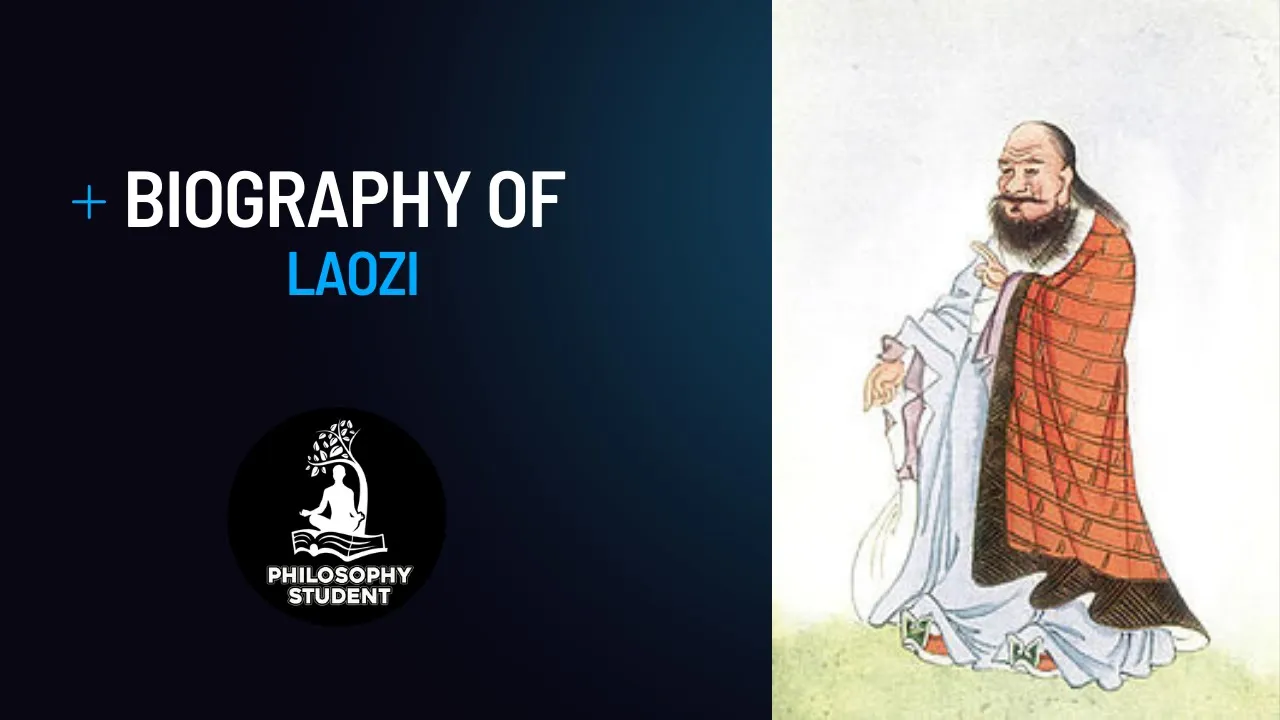Laozi is not a proper name but an honorific meaning “Old Master.” It is applied to a semi historical, semi-legendary, or perhaps wholly legendary philosopher credited as the founder of philosophical Taoism. Insofar as Laozi may be a historical figure, he is believed to have flourished between the sixth and fourth centuries BC.
Taoism, the quasi-religious philosophical tradition with which Laozi is associated, emphasizes living in harmony with the Tao (Dao), the combined source, pattern, and substance of all that is. The short book said to have been written by Laozi is itself called the Laozi or Tao Te Ching (Daodejing). It is a cosmogony in which the Tao is described as the source/ideal of all existence. Tao is invisible but not transcendent. Powerful yet humble, it is the root of all things. Human beings, possessed of desire and free will—the ability to alter their very own nature—are free to act unnaturally, thereby disrupting the balance of the Tao. Tao Te Ching was written to guide students back to the natural state of harmony.
Laozi—both the (putative) person and the book—became the authority on which many non-Confucian sages drew for inspiration and guidance. The work has been especially influential on political theory, advocating humility and restraint in leadership. Without doubt, Laozi advocates limited government, even to the point of anarchy. Contemporary Libertarians have also claimed Laozi as a spiritual and intellectual forebearer.




































